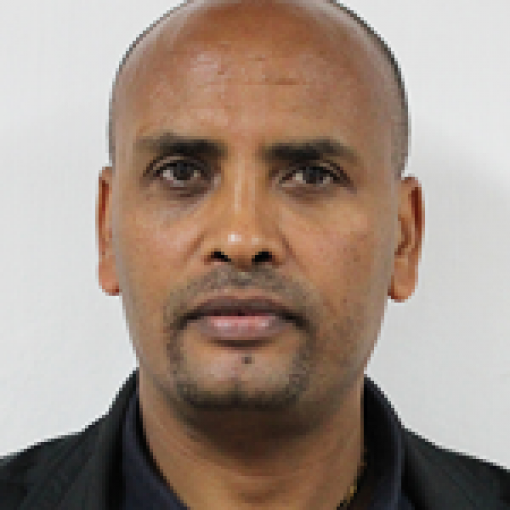Menale Kassie has received a Ph.D. in Development and Resource Economics from the Norwegian University of Life Sciences (Norway). He has 14 years of research experience with sound knowledge in impact assessment tools, project management experience, and leadership.
Currently, Kassie is a Senior Scientist and Head of the Social Sciences and Impact Assessment unit at the International Centre of Insect Physiology and Ecology (icipe).
He has previously worked for the International Maize and Wheat Improvement Centre (CIMMYT), the International Crop Research Institute for the Semi-Arid Tropics (ICRISAT), the University of Gothenburg, Sweden, as well as for government organizations in Ethiopia.
His research seeks to understand (a) the impact of multiple-agricultural interventions on farm household welfare, human health, environment, and production risks; (b) gender gaps in agricultural technology adoption and food security; and (c) how women’s empowerment impacts food security. His research has a geographical focus on Africa and employs advanced estimation tools.
He has published 78 articles in peer-reviewed journals and books listed in Scopus with an h-index of 28, and Google scholar with citations 7473 and h-index 43.
In recognition of his research and leadership, Kassie has received awards in his career. For instance, CIMMYT has recognized him as a prolific writer both in 2013 and 2015, and he recently received the 2019 outstanding professional staff award of icipe.
Other notable recognitions include his election, twice, as a research committee member (2018–2022) of the Environment for Development (EfD) initiative at the University of Gothenburg in Sweden, his listing on Elsevier as a most cited researcher, listed as top 500 authors (publishers) in Kenya, and a co-recipient of an award for the best paper on gender at the 91st Annual Conference of Agricultural Economics Society.
Further, he has contributed to enhancing the food security of poor people in Africa through building the capacity of the future generation, national partners, and mobilizing resources to develop technologies and generate evidence for informed decision making.
